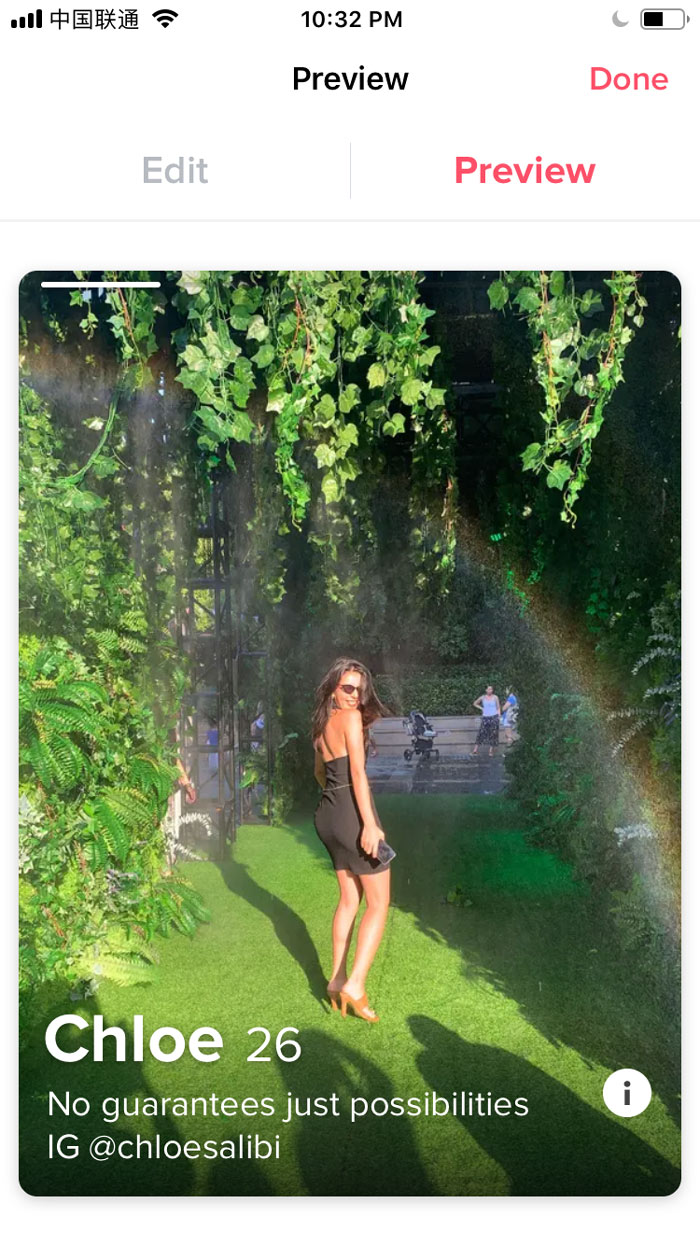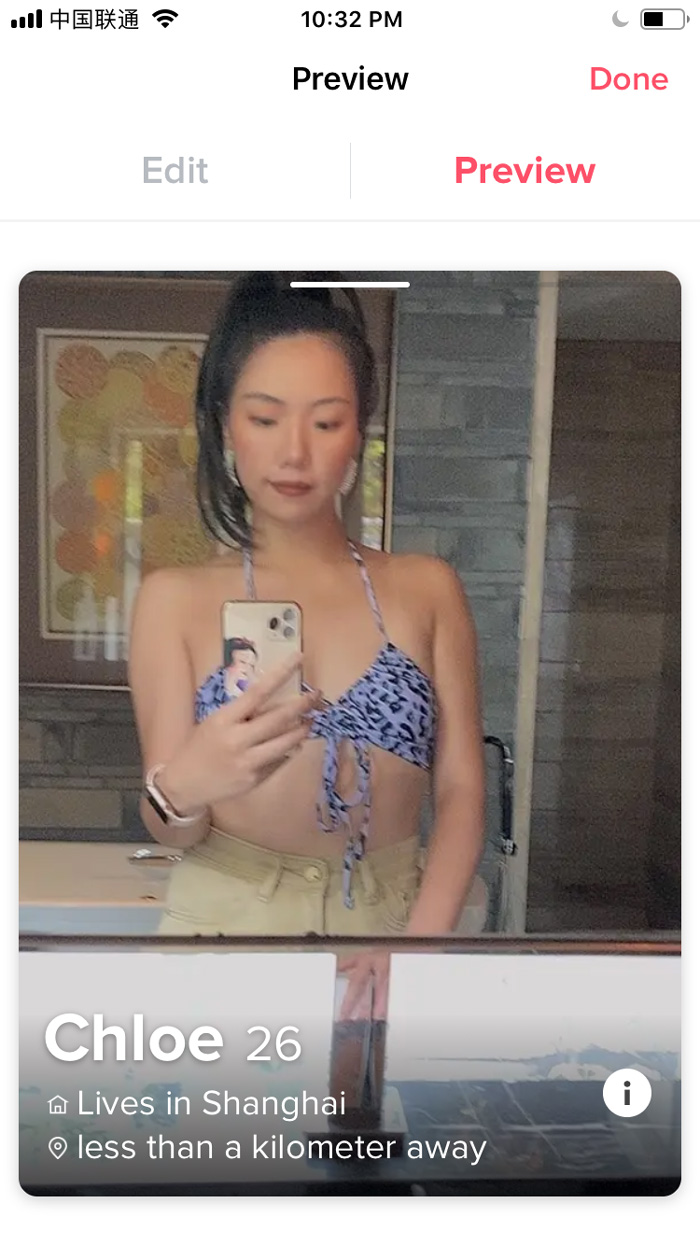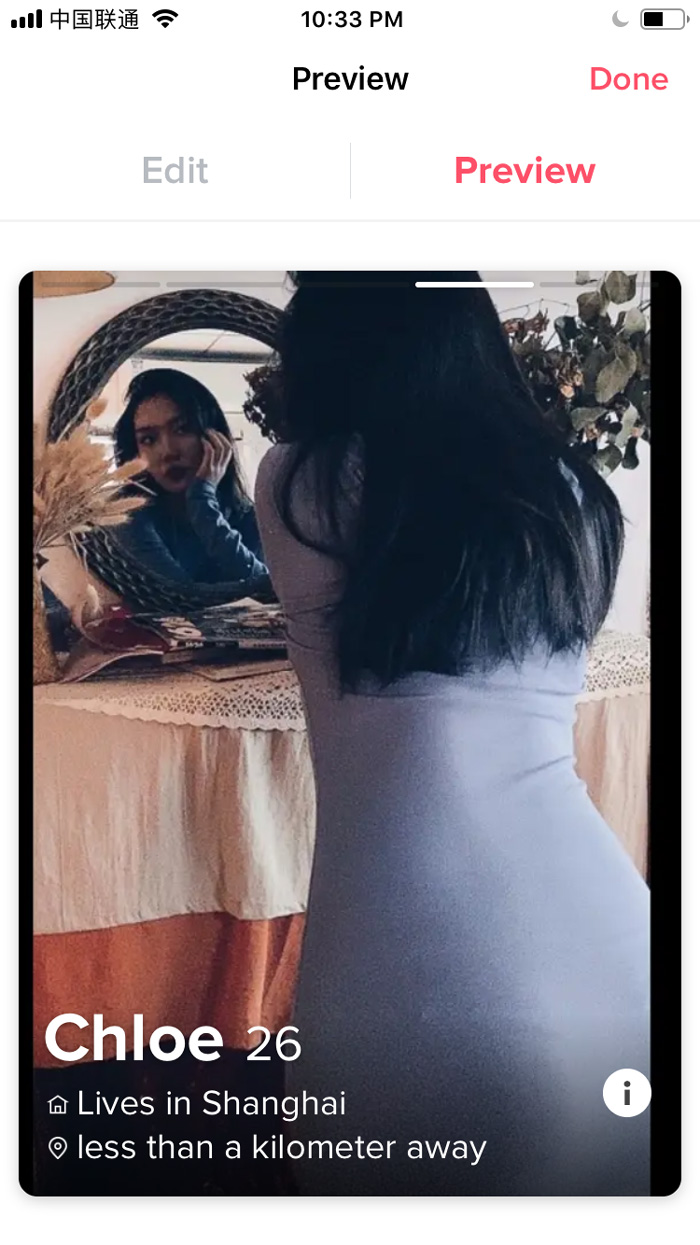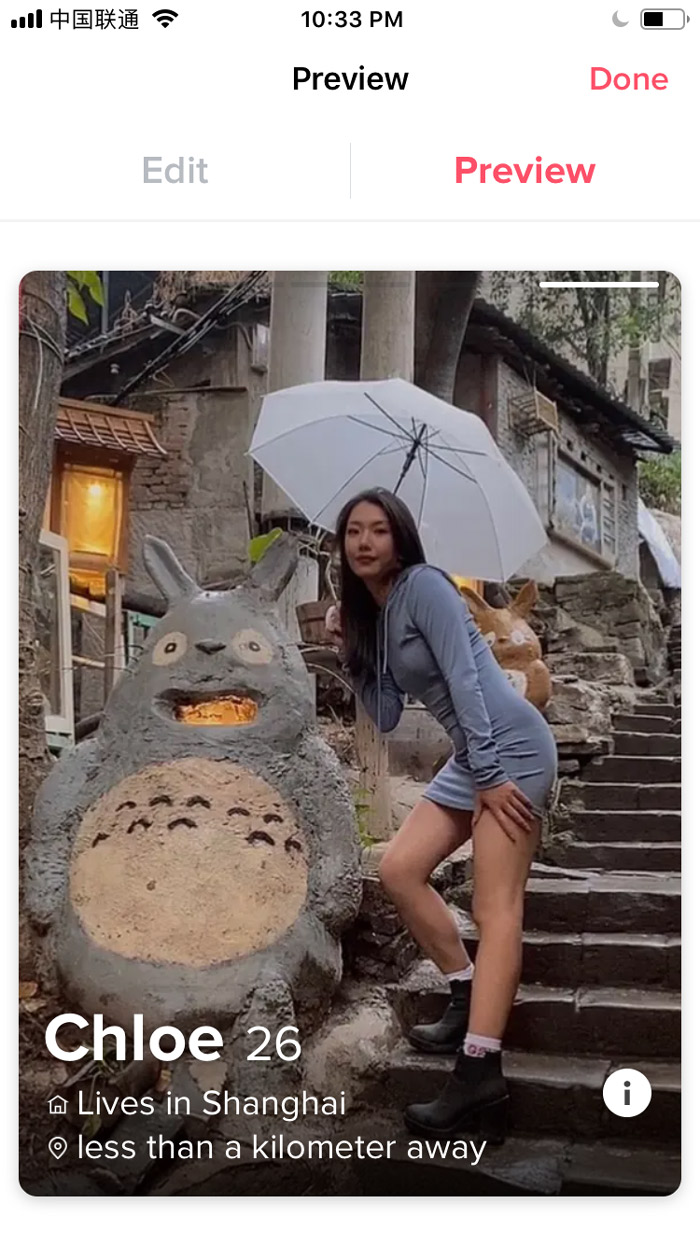Inside the digital dating lives of China’s new generation and COVID-19’s impact on its dating culture

When it comes to dating technologies—a topic that we at Screen Shot have always been particularly fond of—different cultures always result in contrasting trends and etiquette. In the UK, dating apps like Tinder, Bumble, and Hinge dominate the market. But what about other cultures, in other countries? In this three-part series titled Dating in China, created in partnership with cross-cultural agency TONG, we spoke to three Chinese ‘serial daters’ in order to provide you with an insider’s point of view into what dating in China is truly like from a young person’s perspective. First things first, here’s an introduction into the world of digital dating in the country as well as how the COVID-19 pandemic has impacted China’s dating culture.
China’s most popular dating apps
In the world’s most populous country, online dating has become a profitable industry as 200 million Chinese are eager to find a partner. According to Statista, “for every 100 females aged below 24, there are over 110 males.” Overall, there are about 32 million more men than women in China, which is derived from the country’s decades-long one-child policy and a general preference for boys.
The gender imbalance has in turn had a strong influence on dating, matchmaking, and relationship services. In 2020, the annual revenue of China’s online dating and matchmaking businesses was estimated to be 6.5 billion yuan (around £717 million).
Now, in a landscape like that, it seems easy to get lost, right? When it comes to the most popular dating services in China, as of December 2020, Momo takes first place. Amassing over 52 million monthly active users in the market, the mobile app’s company also acquired another one of China’s most popular dating apps in 2018, Tantan. This move further secured its dominance in the country’s ‘casual’ dating app market.
It should be noted however that Momo technically isn’t a dating app, while Tantan is fully marketed as one. Officially founded and launched in 2011, Momo is a free social search and instant messaging mobile app. The app allows users to chat with nearby friends and strangers through different features—think of a hybrid between WhatsApp and Bumble BFF, only better.
Although Momo is widely considered as a social media application, in April 2012, a viral video titled 12 Beijingers defined the app as “a magical tool to get laid.” Since then, the company has spent a lot of energy (and money) towards reversing its image as a one-night stand app.
In comes Tantan, China’s very own Tinder, which reported over 30,000 monthly users in December 2020. On the dating app, users can—you guessed it—swipe through profiles, connect and chat with potential partners, but also add updates on their profiles, upload albums, play icebreaker games, and more. The app, which is based on geolocation, offers matched up profiles with features such as live group chats using text, voice and video, enabling users to find their perfect match and potentially meet them in real life.
Tantan pushes matches based on a specific user’s common tags. For example, if you share the same hobbies and interests as someone or even visited the same places, chances are they’ll pop up on your feed. Similar to Tinder, users have to fill in their profile description and interests to then be able to swipe left or right on someone. You can start a conversation with that person only if both of you select each other. As the 8th social app on the iOS store, Tantan reported having 5 million paying users as of the end of 2019.
Other popular Chinese dating apps include Soul, which requires users to take a personality test before using it and gives them the possibility to go on a voice date, a video date, a location-based date, or a text chat date. Blued, another one, is the top LGBTQ+ dating app in the country, along with Grindr. Except for its demographic target, Blued functions much like Momo; “users can find people nearby, enter livestreaming rooms, share a glimpse of their life, and consume sex education content,” reports KrAsia.
Millennials and gen Zers as users
“Online dating is the future in China,” said Eric Zhou, founder of the dating app Slow and former head of global operations at ByteDance’s viral short video-sharing app TikTok when speaking to the South China Morning Post. Just as we saw a rise in single-person households in the last five years across the world, from Angola to Japan, China saw a sharp rise in its population of single people too.
According to the Ministry of Civil Affairs, by 2022, the number of people living alone is forecast to reach 92 million, reports the South China Morning Post. Understandably, this first resulted in a boom in downloads of casual dating apps such as Tantan. But things didn’t stop there, because then, the COVID-19 pandemic put the world on hold, China first.
As China’s younger generations of daters experimented with livestreaming and video chat features, a new market started appearing on the country’s dating scene, one born out of a longing for meaningful connections when feeling more isolated than ever before. New dating apps such as Zhou’s Slow started appearing while messaging app giant WeChat became a hotbed for DIY dating groups created by millennials and gen Zers, such as HIMMR, which stands for ‘How I Met Mr Right’.
As of today, HIMMR is available as a WeChat mini programme—another fascinating topic that you just need to read about, by the way—as well as a web app, and has since attracted 80,000 active users and organised over 300 physical events in eight cities, according to South China Morning Post.
Highlighting the country’s recent migration towards smaller domestic dating apps that provide niche cultural solutions is the success of the gay dating app Fanka, which hides the profiles of paid users from their acquaintances for an annual fee of 300 yuan (around £33).
In other words, China’s younger generations are fully ready to explore the many different facets dating technology has to offer, and the pandemic most definitely played a part in the acceleration of this shift.
Meet Chloe, 26, headhunter living in Shanghai
When the COVID-19 pandemic started, Chloe was stuck in Hubei, the Chinese province where the virus first appeared. “I was stuck there for 60 days, and my then-boyfriend was in Shanghai. He had lost his job as a chef and he ended up meeting this chick. They decided to get engaged a month after they met!” Like many other heartbroken souls who’ve been there, done that before, the news led her to turn to dating apps again. While at university, Chloe had experimented with her audio dating skills through the app Soul and had also previously used Tinder a couple of times about two years prior, mostly when her ex-boyfriend was away, “for a little fun,” to which both consented, at that time, Chloe decided to use dating apps as a distraction she felt she strongly needed.
As her two ‘weapons of choice’, Chloe picked both Tantan and Tinder—the best of bost worlds, some could say. Speaking about the differences between the apps China’s dating market has to offer, Chloe confirmed that while apps such as Tinder represent the opportunity to connect with foreigners living in China, overseas, or at least at the other end of the country, many other apps such as Soul have a more local userbase.
Tinder for global reach, Tantan for ‘locally sourced’ crushes
In order to access apps that range from Tinder to Twitter in China, users need to install a VPN on their smartphone as many remain banned from the country. Nothing the new generations can’t easily get around though. “I would say that Tinder is marketed towards foreigners or even Chinese citizens who’ve been overseas before. As for Tantan, it relies on its livestream feature where users can actually promote their profile, and it is way more local,” Chloe told us.
On Tantan, users can also play around with the app’s geolocation feature, meaning they can select to round up profiles from people within a one-mile radius or more. “I mostly use Tinder because filtering pictures and putting fake information is very common on Tantan. You’ll get those really dodgy profiles of people using celebrities’ photos—there’s just no way that guy is on Tantan!”
When it comes to different ways of interacting with people on both apps, Chloe shared that Tantan has more to offer than what most of us get on Tinder, “You can comment on a person’s photo without even having to match with them. If you matched with someone and decided not to speak to them in the end, Tantan will send you a notification as soon as they unmatch you—that’s so extra!”
In many ways, Tantan can be considered as a hybrid between a dating app and a social networking one. After all, it was bought by Momo, which implied that some kind of similarities would potentially appear between the two.
China’s misogyny and how it applies to different dating apps
As Chloe confirmed during our in-depth conversation, Tantan’s userbase mainly consists of Chinese citizens. For heterosexual women using the app, it implies that men’s approach might not be the same as on Tinder. This, Chloe said, is due to the fact that most Chinese men aren’t respecting women the same way foreign men might. “I have to acknowledge that the respect shown towards Chinese women is not evolved enough yet. People will say ‘of course I respect women’ but then their profile will say something completely different. Some guys on Tantan feel comfortable using terms such as ‘bitch’ to describe women who don’t answer their pick-up lines, for example. I’ve seen so many offensive things on there that sometimes I swipe without even reading their bios.”
Of course, generalities should not be made. As someone who’s never used dating apps in China specifically, I’ve also encountered my fair share of backward thinkers on dating apps popular in Europe. However, Chloe points out that in China, the contrast is so different from the views of men on the two apps that it led her to favour Tinder over Tantan.
Then again, she precised, Tinder has also a plethora of foreign men thinking so highly of themselves that they just expect Chinese women to fall at their feet due to their ‘exotic charm’.
From building a profile to dating etiquette
Speaking about how she tends to edit her dating profile on Tinder, pictures and bio included, Chloe first explained that she likes to keep it real but fun, “My photos are pretty but not edited to cheat someone. I’ve never walked on someone for them to go ‘oh, I don’t think you are that chick from your pictures’ you know? So that’s also something I expect from others. Let me show you actually!”





“My bio reads ‘No guarantees just possibilities’ along with my Instagram handle underneath. If you want to find me, now you know,” jokes Chloe, adding that she includes her social media handle in there so that people who are willing to make the extra effort can reach out to her on there instead, which she says she checks more often than Tinder. On the other hand, she also explained that people who are less likely to receive a match from her usually tend to be more ‘desperate’ and therefore slide in her DMs on Instagram. Sounds pretty familiar, right?
‘What about the real game of chasing?’, I hear you ask. It goes without saying that we all have different preferences, especially when it comes to the world of dating—one might like cheesy approaches while someone else might be looking for a direct, no-fuss one-liner. For Chloe, “compliments are always welcome,” and she would make sure to answer them in a timely manner, but humour also plays an important part in the matches she tends to go for. “Instead of a random joke that you can send to literally everybody, a comment related to one of my pictures or my bio shows effort, and that can definitely strike a chord for me.”
From sliding into DMs to hijacking Tinder
Saying that dating app users in China never receive (or send) first messages offering to meet up for sex only would be a lie. As you’ll see in our next two articles, it does happen. However, as we’ve seen above, certain dating apps cater to different user profiles. As a result, this has an impact on the varied ‘reach out standards’ observed by users.
Chloe, who mainly uses Tinder, thinks that sending an offer to meet for a hook up as a first message is not acceptable, “I’m not trying to shame anyone, it’s just that we don’t do it much here—or at least not from what I’ve seen.” Speaking about her other dos and don’ts when it comes to dating apps, she adds that users taking advantage of those platforms to promote projects or events that have absolutely nothing to do with connecting with others is one of her biggest pet peeves. “It’s a real thing! You can find online courses teaching people how to use dating apps as a marketing tool for their own business.”
Considering the importance of China’s dating industry, which is still booming as we speak, it only makes sense that citizens are already trying to hijack its success in a way to gain something from it too. In a way, this approach isn’t that different from Love Island partnering with Tinder in the UK to gain access to the dating industry’s giant and its colossal userbase.
How Chinese dating apps turned into a necessity during COVID-19
According to an article by KrAsia published in the South China Morning Post, “More than 622 million people used dating apps in China in 2020, and the market is set to hit US$290 million in revenues by 2024.” As Chinese dating apps become more popular as well as more mainstream, they are further adopting features previously used mainly by social media platforms. Livestreaming and the ability to comment on someone’s dating profile is only the tip of the iceberg—as Chloe highlighted, dating apps in China are often being used for different purposes than ‘finding the one’.
But China’s dating industry is not planning on stopping here: dating apps have also added elements that are not so common for the rest of the market, such as matchmaker-mediated chats and voice message speed dating.
By the end of 2020, the nine largest dating apps on China’s iOS app store ranked as follows: Yidui, Tantan, Momo, Soul, Yimu, Zhenai, Hezi, Blued and Rela. Foreign players like Tinder have fallen far behind local competitors.
In the world’s most populous country, people still felt the need to meet and connect with others, but the coronavirus pandemic forced citizens to turn to more creative alternatives, leading in turn to Chinese dating apps introducing features never seen before on other markets. According to Statista, online dating is the category with the highest amount of available services as well as the highest amount of users worldwide.
When it comes to China, where the one-child policy left a deficit of women and where flirting remains relatively new, our research and conversation with Chloe have clearly shown how things are rapidly shifting. The country’s new generations have already fully adopted new dating technologies, and are now expanding their influence on the way these are shaped depending on worldwide events such as the coronavirus pandemic.
As Tinder’s influence on the Chinese market slowly decreases, local apps are proving themselves as modern, creative and different alternatives. From Yidui, a video-based speed matchmaking app that targets singles in lower-tier cities to voice-based social app Hezi, which was founded by two senior executives from Momo—one thing is obvious, China’s dating apps are big business. Something that the likes of Bumble and Tinder could definitely learn from.




